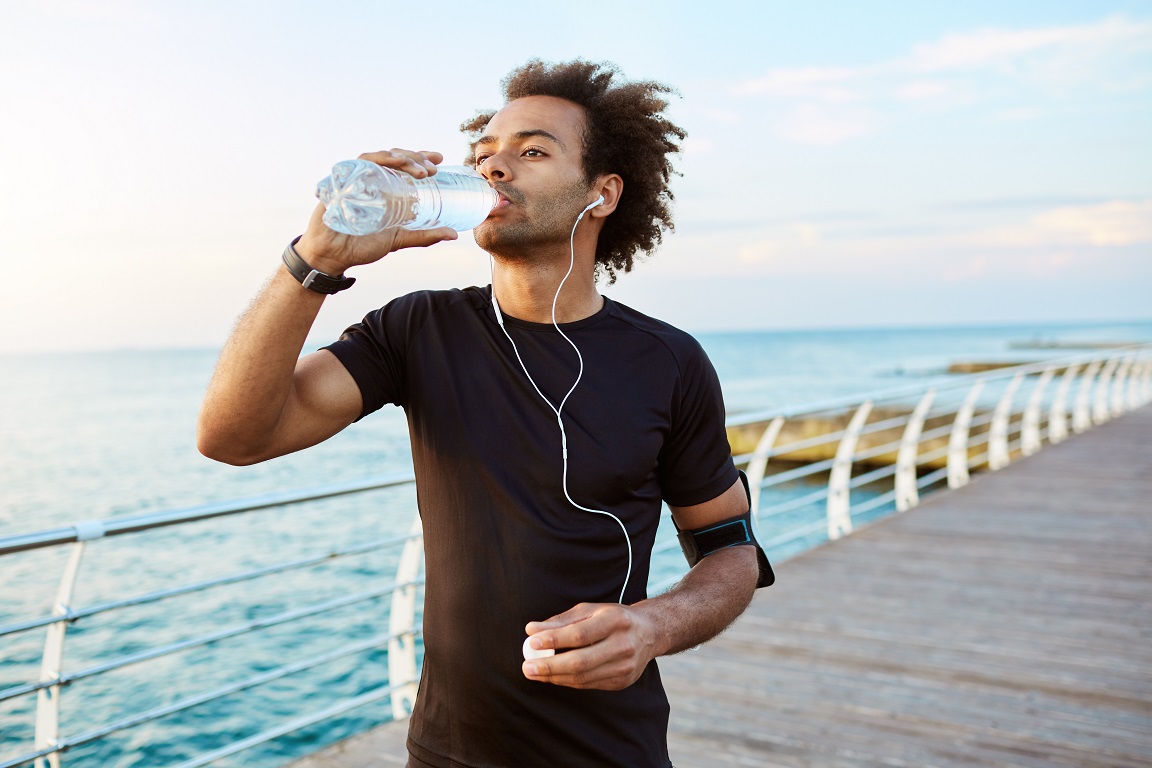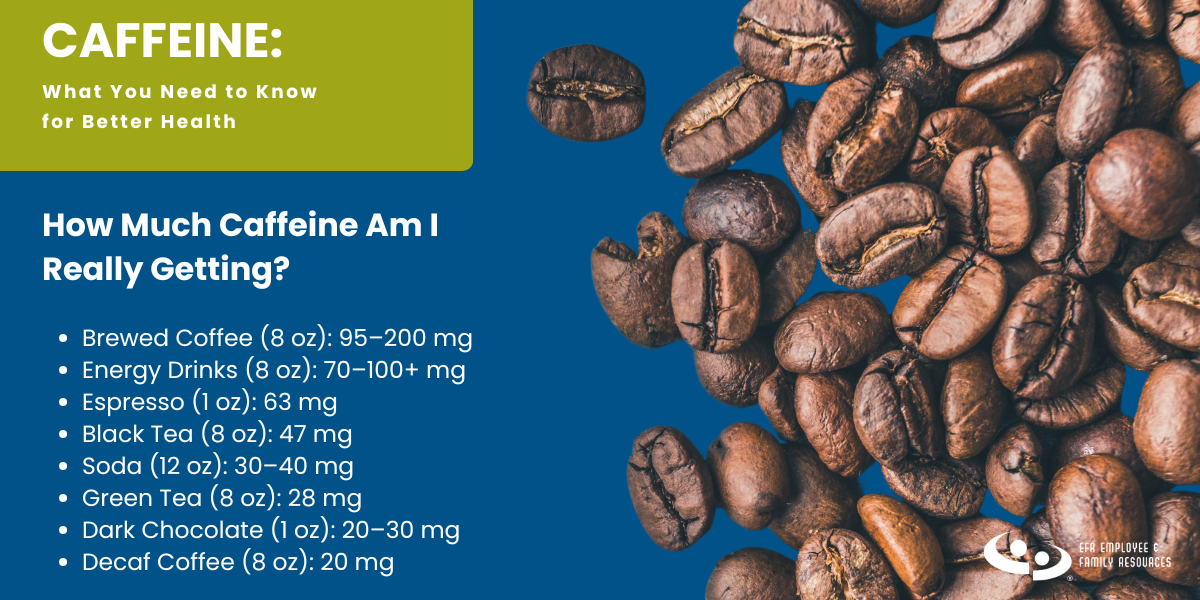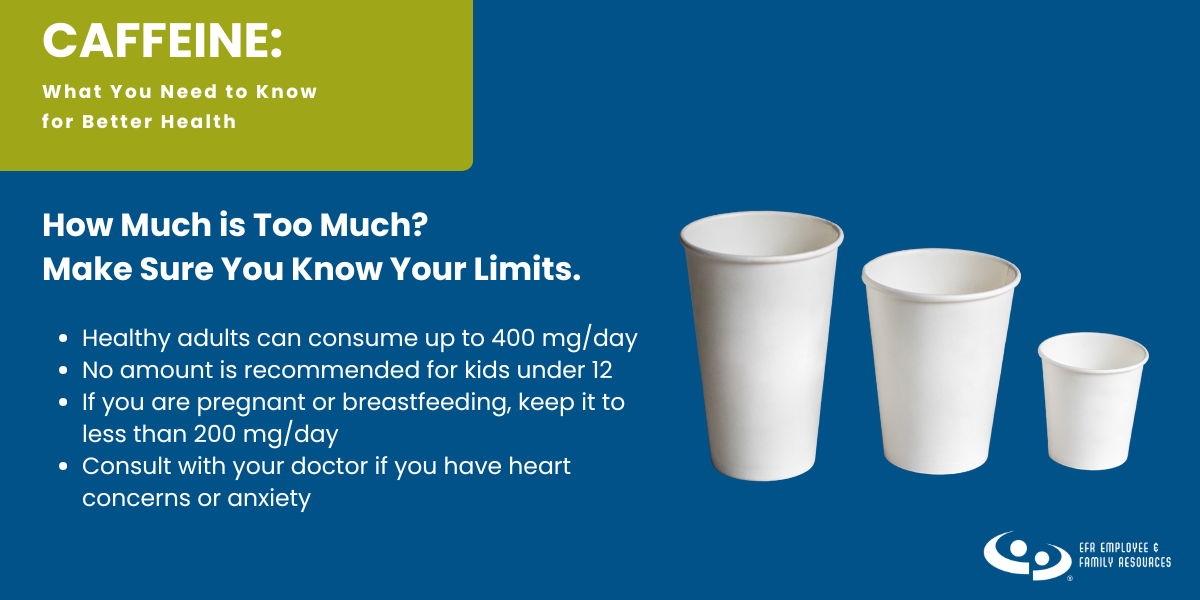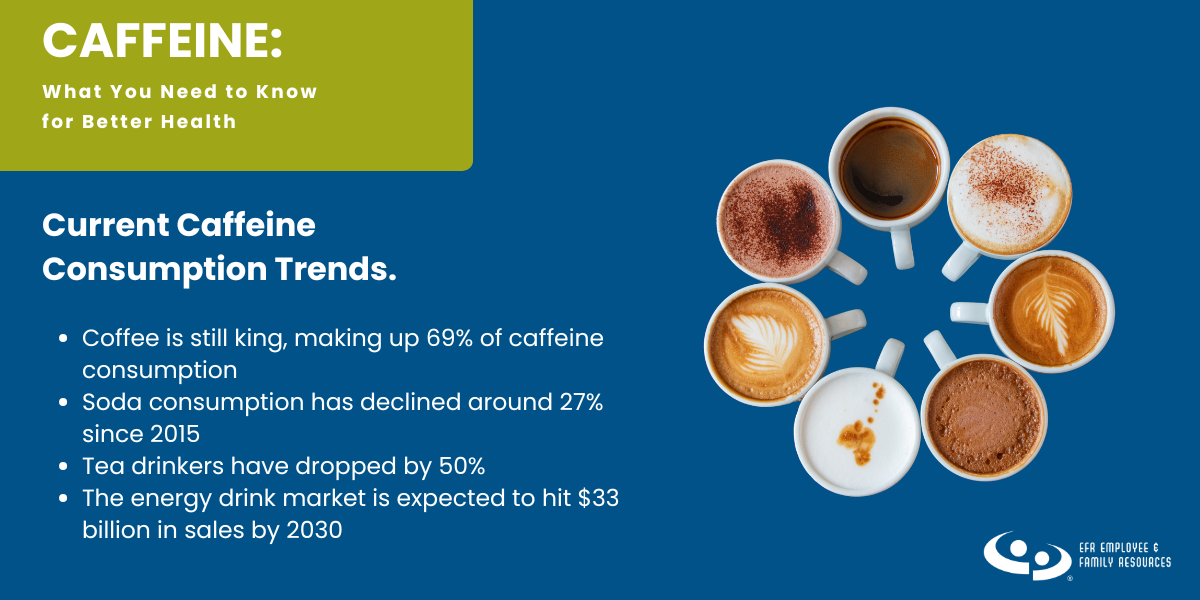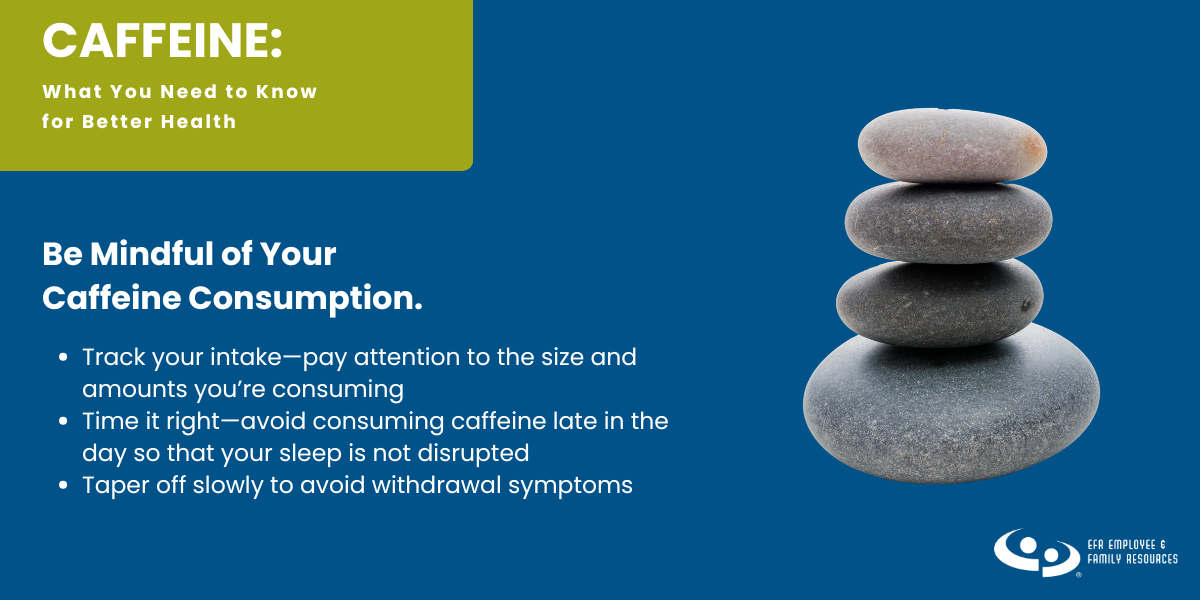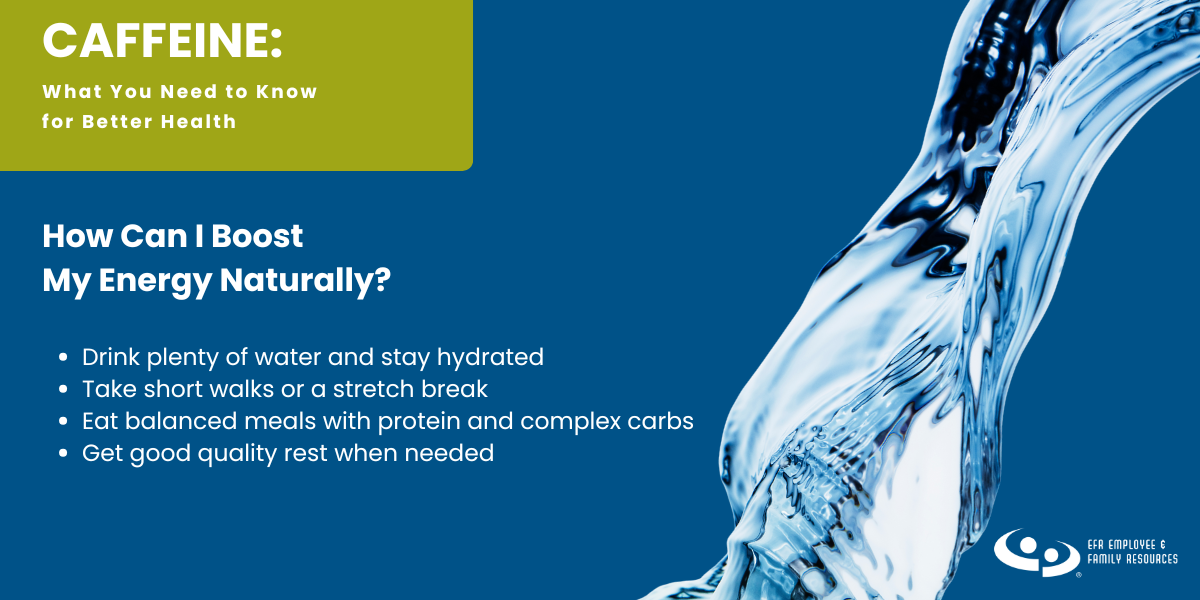Hydration and Health Benefits
Reduce Your Risk of Heart Disease: Consistently drinking the daily recommended amount of water throughout your life improves your body’s functions and reduces your risk of heart problems in the future. Dehydration is linked to cardiac fibrosis or hardening of the heart muscles and can lead to a host of other heart problems. You can help your heart pump blood more efficiently, support blood vessel functioning, and improve overall circulation simply by drinking enough water!
Enhance Your Brain Functioning: Your brain is 73% water and needs sufficient lubrication to ensure neurotransmitters and hormones are firing correctly! Dehydration can impair concentration, alertness, and short-term memory and cause irritability and depression. Getting enough water intake can give your brain a boost and improve focus, concentration, brain functioning, and lift your mood!
Improve Joint Support: Cartilage, a tissue comprised of 80% water, covers your joints to keep joint motion fluid and provide protection. As you age, your joints experience more wear and tear, which can cause aches and pains. Staying hydrated reduces friction by lubricating your joints and creating more of a cushion between your bones.
Maintain a Healthy Weight: A Journal of Clinical Endocrinology and Metabolism study found that something as simple as drinking enough water can increase your metabolism by as much as 30%! It’s possible to mistake thirst for hunger, and reaching for a tall cold glass of water rather than the snack cupboard can help you feel full and satisfied – leading you to consume fewer unnecessary calories.
Boost Your Energy Levels: Do you tire easily? A lack of hydration hinders the flow of nutrients to your cells and prevents waste from being flushed out. It slows down your circulation, affecting the flow of oxygen to your brain and causing your heart to work harder to pump oxygen to your body- causing you to feel sluggish. A glass of water first thing in the morning can help put some pep in your step!
Protect Your Skin: Your skin is your body’s largest organ and acts as a barrier to protect you from external factors like bacteria and chemicals while regulating your temperature. Without adequate water intake, your skin sacrifices water to other more critical bodily systems, leading to dry, wrinkled skin.
Bolster Your Immune System: Raise your glass to improve your health! Failing to get enough fluids in your body depresses the immune system, making it harder to fight off illness. This is because your immune system relies on your bloodstream to transport nutrients and communication signals to organs while swiftly eliminating toxins. Since plasma is 90% water, hydration is necessary to support these pathways!
Support Kidney Health: Sufficient water helps your kidneys remove waste from your blood and dilutes the minerals in your urinary tract, helping prevent kidney stones. Drinking enough water helps flush harmful bacteria from your bladder and can help prevent UTIs.
Tolerate Warmer Temperatures: When you’re dehydrated, your body stores more heat, lessening your ability to tolerate warmer temperatures. Drinking plenty of water means you can sweat more efficiently, cooling your body. This built-in cooling mechanism helps prevent heat stroke and other dangerous heat-related conditions.
How Much Water Should I Drink?
While common knowledge recommends men drink 15 cups of water each day and women aim to drink 11 cups of water each day, how much fluid you actually need depends on your overall health, activity level, and environment, such as living in a hot or humid climate. One way to calculate a more accurate measurement of your optimal fluid intake is to strive to drink half an ounce of water for every pound of body weight. So, if you weigh 150lbs, you should aim to drink 75oz (or around 9 cups) of water each day. However, other fluids you consume through fluid-rich fruits and veggies, soups and sauces, or coffee and tea count too; about 20% of your daily fluid intake can come from foods. But the best source of hydration is water because it’s calorie-free and a great way to quench thirst!
How Can I Tell if I Need to Drink More Water?
Concerned you’re not drinking enough water? Look in the toilet! If your urine is pale yellow, you’re probably getting enough water. If it’s darker, like apple cider, it may be a sign you need to up your intake. A darker color can indicate your urine is more concentrated, meaning it contains less water. Darker urine can also be caused by medications or the food you consume. If you notice you’re thirsty, have a swollen tongue, or have a dry mouth, you’re likely not drinking enough. Once you’re thirsty, you’re already slightly dehydrated. Lightheadedness, tiredness, inability to focus, and headaches can also be indicators of dehydration. Your thirst sensation can decrease with age, so it’s necessary to keep in mind how much water you’re consuming throughout the day.
When it comes to hydration, don’t overthink it. Keep it simple by drinking when you’re thirsty, limiting caffeine intake, and avoiding sugary drinks. Drinks with electrolytes such as Gatorade and other sports drinks help replenish minerals lost when you sweat excessively in the heat or expel lots of fluids from vomiting or diarrhea. Otherwise, they’re unnecessary; most people get enough electrolytes from food.
Can You Drink Too Much Water?
Your body can typically expel excess water through urination and sweat. However, if you consume a large number of fluids in a short time, a rare condition called water intoxication, or hyponatremia, is possible. Hyponatremia happens when you take in water faster than your kidneys can excrete, causing sodium levels in your blood to fall too low because the excess water dilutes it. This condition can cause confusion, drowsiness, muscle spasms, nausea or vomiting, and in extreme cases, seizures, coma, and death. There isn’t a set amount of water that always causes life-threatening water intoxication; it depends on your age, weight, and other factors. However, the kidneys of a healthy adult can flush out about 1 liter of water each hour, and drinking more than this can make it difficult for your kidneys to keep up.
10 Tips to Drink More Water
While making an effort to drink more water, aim to hydrate consistently throughout the day. Trying to “catch up” at the end of the day can make it harder to sleep at night. You’ll likely run to the bathroom multiple times, making it difficult to fall back asleep. So how can you sneak in more fluids throughout your day? Try these easy tips!
- Drink a glass of water as soon as you wake up and before each meal. You’ll consume fewer calories if you satisfy your thirst first!
- Carry a water bottle with you and refill it throughout the day. Your water bottle serves as a visual reminder.
- Avoid sugary drinks and replace them with water, keeping you hydrated and reducing your calorie intake.
- Choose decaffeinated drinks and limit your caffeine intake to 3 cups per day.
- Keep track of how much you drink by using a reusable water bottle with measurements.
- Add natural flavors to your water like lemon, lime, cucumbers, or berries.
- Snack on water-dense fruits and veggies like watermelon, cantaloupe, strawberries, oranges, celery, cucumbers, or carrots.
- Understand your fluid needs and set a daily goal.
- Be mindful of alcohol and sugary drink consumption.
- Set reminders to drink water using an app on your phone. You can set an alarm to remind yourself to take a sip of water every 30 minutes or finish a glass of water within an hour.

